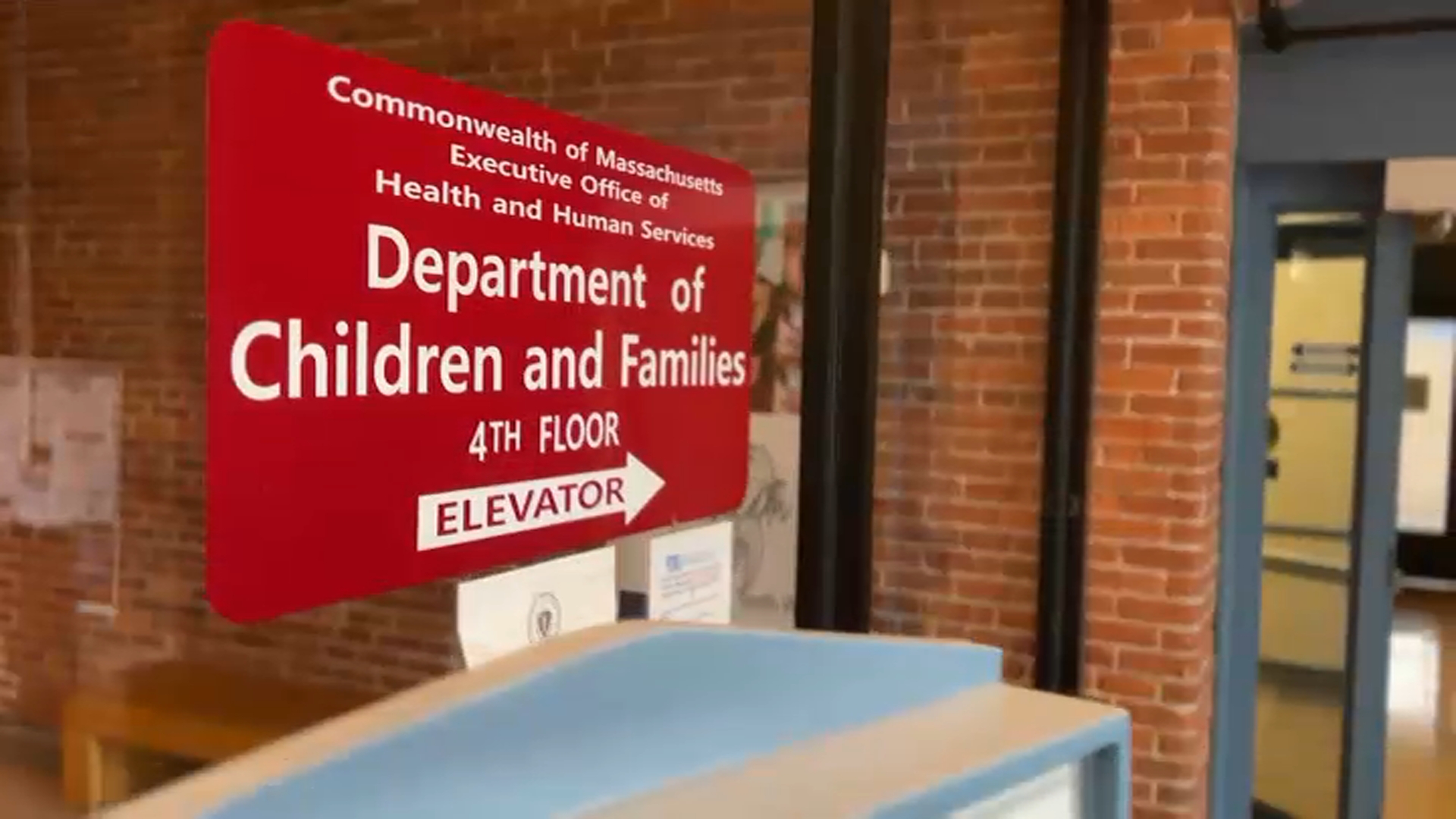
Citing progress in addressing children's behavioral health as well as areas desperately in need of improvement, a new report suggests the potential for schools and pediatric primary care providers to play a more significant role in addressing a "long-standing crisis."
The 45-page report, released Thursday by the Massachusetts Association of Health Plans, draws from 25 interviews with unnamed system insiders to lay out insights and recommendations for policymakers to weigh this year as the state begins implementation of a mental health access law that was signed in August.
WATCH ANYTIME FOR FREE
Stream NBC10 Boston news for free, 24/7, wherever you are. |
The report calls on Gov. Maura Healey's administration to continue with a roadmap developed under Gov. Charlie Baker's administration that aims to create a "front door" to the behavioral health care system. That roadmap is designed to make a 24/7 behavioral health help line available this year, ensure coverage for preventive behavioral health services in primary care settings, grow community behavioral health centers, increase inpatient and 24-hour behavioral health beds, and deliver rate increases for behavioral health providers.
Get updates on what's happening in Boston to your inbox. Sign up for our News Headlines newsletter.
The report also recommends changes to bring more order and cohesion to a system knocked by critics as too disconnected and lacking coordination. It recommends the creation of a public education campaign regarding the availability of urgent care and crisis services, the development of specialty services for high-need children, and more coordinated care for children who receive services from multiple agencies.
"Stakeholders universally supported these policies and believed that they formed a solid foundation for addressing the identified challenges," according to the report.
Local
In-depth news coverage of the Greater Boston Area.
The stakeholders were mainly health plans and care providers, but also included school officials from Boston and Methuen, state mental health and health and human services officials, and representatives from the Parent/Professional Advocacy League (PPAL), the Blue Cross Blue Shield Foundation, and the Massachusetts Association for Mental Health.
"It is imperative that we look upstream and direct more resources for screening and prevention in primary care and school settings," said Marcia Fowler, CEO at Bournewood Health Systems and a former state mental health commissioner. "Services need to be available for children and families in the communities in which they live, delivered by professionals who represent the many diverse communities in the Commonwealth."
The mental health care law enacted over the summer calls for a statewide program to provide assistance for implementing behavioral health services in each school district, and requires each school committee to ensure that all schools have written medical and behavioral health emergency response plans. It also charged the state Health Policy Commission with preparing a behavioral health planning report every three years.
John Crocker, director of mental health and behavioral services for the Methuen Public Schools, said "it will be essential to consider schools as the prevention arm of the mental health system writ large and the importance of leveraging schools to foster proactive, preventative identification of students with emerging mental health concerns and the delivery of evidence-based mental health services and supports for students."
Doing so, he said, "will require investment in capacity building for schools, both systematically to design comprehensive school mental health systems to organize and deploy services effectively and supporting school-based mental health staff's professional development to deliver evidence-based therapeutic care to students."
Citing numerous sets of statistics, the report chronicles the "alarming" numbers of young people struggling with behavioral health challenges, stating that even before the pandemic, those challenges "were the leading cause of disability and poor life outcomes in young people."
"COVID-19 made a bad situation even worse," the report says.
A U.S. Surgeon General report in late 2021 said that since the start of the pandemic, 25 percent of youth who were surveyed experienced depressive symptoms and 20 percent reported feeling anxious - "in both cases, more than double the pre-pandemic rate."
The report says Massachusetts is lower than the national average for teen suicide and traumatic events known as "adverse childhoold experiences," but higher than the national average for anxiety, depression, alchool use and illicit drug use among children and adolescents. In Massachusetts, nearly 64 percent of children with severe depression do not receive any behavioral health treatment, compared to nearly 60 percent nationally.
The association plans on Thursday morning to present its report and then host a panel discussion during a morning-long virtual forum that will feature remarks from MassHealth chief of behavioral health Emily Bailey.



